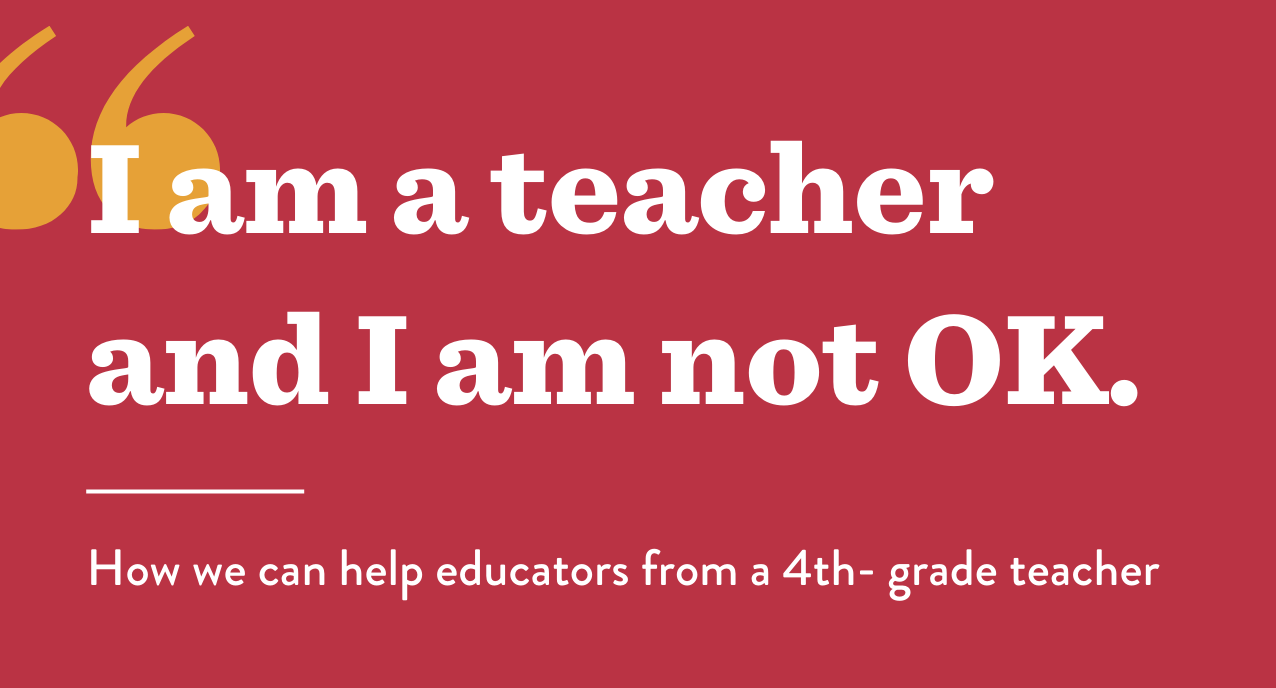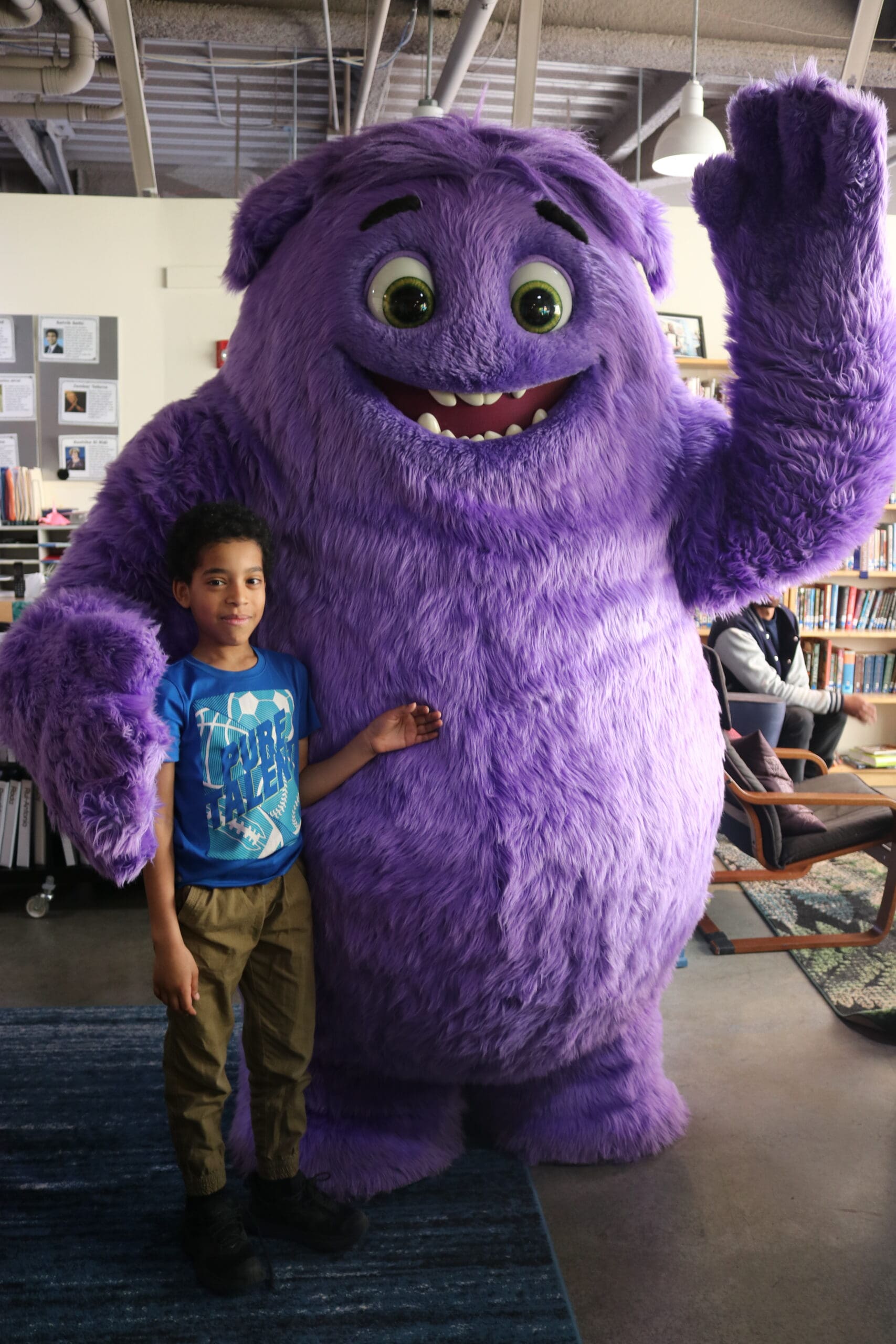
by Kathy Seipp, Fourth-grade teacher, Minneapolis, Minnesota
I am a teacher, and I am not OK. My students, their families, my fellow colleagues are not OK.
School systems are imploding, and we are in crisis. The residual effects of the pandemic and the racial justice revolution are intense. Almost three years ago, when schools across the country went into distance learning, things changed for educational systems and will never be the same.
Schools need support. We need trauma-informed resources now. We need more staff and more options for children whose lives have been upended. As a teacher with 25 students in a classroom, I cannot single-handedly make these changes happen while trying to meet their escalating needs and maintain a safe learning environment.
There is money to be spent on services. There must be creative solutions posed and implemented to preserve what was once a satisfying career — education. The state of teaching today is unrealistic. The demands on teachers to continue to “teach on” are unmanageable.
To meet state-required testing, to maintain safety, to keep up with weekly staff professional development, to put in the hours of work at home to prepare for lessons, to combat the internet and its impact on children’s brain development as they’ve been exposed to inappropriate things. This all leads to a desensitized culture. And it’s all on display in our classrooms.
We are not OK. We are not prepared to meet the high needs of social and emotional learning that children need.
I propose that school districts create social and emotional learning programs that are at the forefront of learning, offer healthier food options at schools, offer affordable health-insurance packages (I make an average of $800 less a month than four years ago due to rising health care plan costs and pay more out of pocket for health care visits than ever) and most importantly, listen to those doing the work. The teachers.
Everyday individuals can volunteer, donate money to support classroom funds or get involved in local and state education policy. Parents and community members can participate in PTA, school board, make classroom visits or provide resources to support their child, etc. Parents can also control and regulate the amount of screen time young children have and what they have access to.
Teachers can support one another by listening to each other. Some schools offer continuing education credits for staff who engage in yoga and other trauma informed, evidence based healing practices.
Society needs to recognize this. This country can do better for our children and our teachers by listening to those who are on the front lines. Listen to the teachers, the education assistants, the families and the children. We need help now.
—
Kathy Seipp believes in the power of writing and loves to inspire Minnesota students of all ages to write creatively and to share their own stories.
